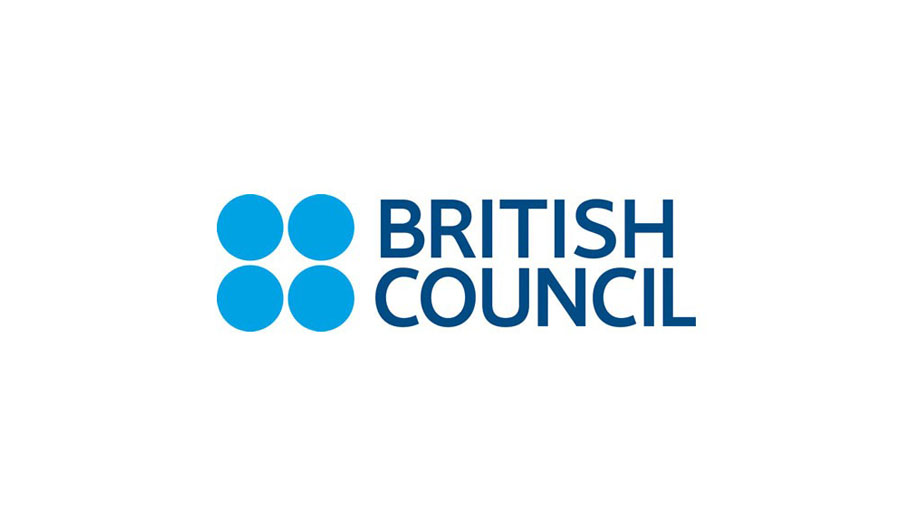London Met academics took guest lectures on artificial intelligence and cybersecurity, design, and models of power in liberal democracies to universities and schools in India.
Date: 03 December 2020
Three London Met academics have recently delivered a series of lectures to schools and universities in India, as part of an initiative led by the British Council, all of whom commented that the students they met with were intelligent and inquisitive, and posed a range of incisive and challenging questions.
Vassil Vassilev delivered a lecture to Lovely Professional University and the IIT in Mandi, with a lecture exploring hybrid artificial intelligence for security analytics and intelligence graphs. Security analytics deals with detection, classification, prediction and elimination of security threats. It attracts the researchers but its complexity limits the potential for success because missing the factors determining method applicability.
Adding explicit representation and accounting such factors has huge potential for reducing the false positives and negatives, increasing the robustness, accounting threat intelligence and improving overall security. In its MSc AI course complemented with a series of innovation projects funded by Lloyds and Innovate UK, the Cyber Security Research Centre of London Met developed a hybrid framework combining logical analytics with data analytics to be presented at the University.
Peter Marigold’s lecture at the National Institute of Fashion Technology (NIFT) in Chennai, India primarily looked at his own work over the last few years, and how a focus on mutability, entropy, change and decay has bubbled to the foreground. He discussed the psychological nature of the role of designers and makers as creators versus the desire of nature to reclaim materials as being both a battle and a source of inspiration.
He explained, “My background has covered a highly varied number of approaches and ways of thinking about the world, and subsequently, the outcomes are equally as varied and adapted to their final manifestation. More normally, the designed world is seen as permanent and enduring, however, I have increasingly understood that change is the norm and is now a central theme in my work.”
Dr Peter Laugharne, Senior Lecturer in Politics and International Relations, gave an online lecture to OP Jindal School in the city of Raigarh in Chhattisgarh state in central India. The lecture was on Political Executives in the 21st Century: Office with Power. It explored the three common types of political executive found in liberal democracies namely: presidential - using case studies of the USA and Brazil; parliamentary - with case studies of the UK and Germany; and semi-presidential or dual including a case study of France. It then proceeded to analyse political executives in authoritarian regimes including Russia and China.
The session concluded that political executives do hold office with power today. It suggested that there are more, and more effective constraints on political executives in liberal democracies than authoritarian states. It also demonstrated that there are a growing number of common constraints on political executives brought about by globalisation and global problems such as climate change and resource depletion.

